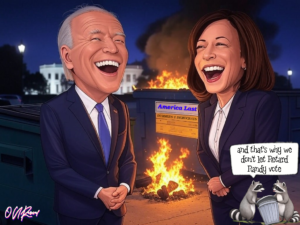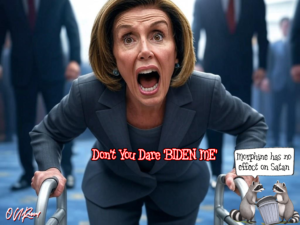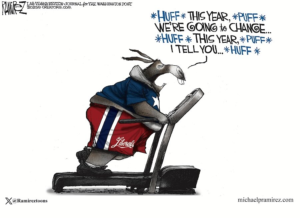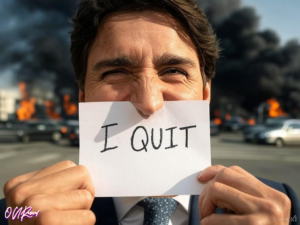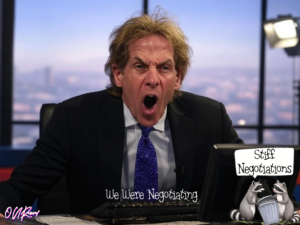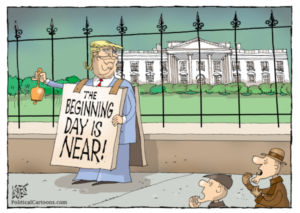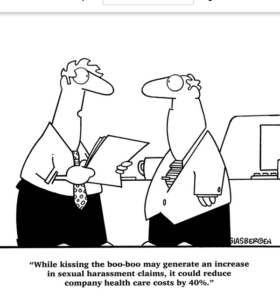Investigative Report: California Wildfires Ravage Los Angeles Amidst Weather Chaos and Governmental Oversight Failures
Think you can outrun a forest fire.. Think again !
Southern California is currently grappling with a weather scenario that has turned catastrophic, with Santa Ana winds driving the wildfires to unprecedented levels of destruction. The National Weather Service has issued an “Extreme Fire Danger” alert, highlighting the “Particularly Dangerous Situation (PDS)” due to these winds, which are expected to persist through the week. Wind speeds have been recorded up to 42 MPH in some areas, with forecasts predicting gusts reaching 70 mph in the mountains, further complicating firefighting efforts. Humidity levels are critically low, exacerbating the fire risk. The temperature has seen significant drops, contributing to the volatile fire conditions.
The ongoing wildfires, notably the Palisades and Eaton Fires, have devastated Los Angeles and Ventura counties, with containment at a mere 18% and 35% respectively. These fires have caused damages estimated at $275 billion, marking this disaster as the costliest in U.S. history. The Eaton Fire has been particularly lethal, claiming 25 lives so far, with the possibility of more as search and rescue operations continue. Over 12,000 structures have been destroyed, and more than 150,000 residents have been forced to evacuate. The fires have been fueled by years of neglected vegetation management, turning the region into a tinderbox.
Governor Gavin Newsom has been vocal in his response, proclaiming a state of emergency and deploying over 7,500 firefighting and emergency personnel to the scene. He has also secured federal assistance through President Biden’s Major Disaster Declaration. However, his leadership has come under fire, with critics pointing to significant budget cuts to wildfire prevention and forest management. Newsom’s 2024 budget proposal included a $100.7 million cut from wildfire and forest resilience funds, a decision now seen as shortsighted given the scale of the current crisis. Moreover, there are allegations of misinformation regarding the actual amount of treated acres, with Newsom’s administration claiming much higher numbers than what was achieved.
Mayor Karen Bass of Los Angeles has also faced scrutiny. While she has been supportive of emergency responses, including bringing in additional firefighters from across North America, her absence during the initial outbreak of the fires, when she was attending an event in Ghana, has been widely criticized. Furthermore, reports indicate that the city’s fire department budget was reduced by $17.6 million, which has directly impacted the department’s ability to prepare for large-scale emergencies like this one.
The government’s approach to wildfire prevention and response has been marred by what many describe as bureaucratic overreach and misguided priorities. A notable example includes the halting of a fire safety project in Pacific Palisades due to environmental regulations protecting an endangered shrub, a decision that has sparked public outcry over the prioritization of flora over human life and property.
Moreover, the state’s failure to maintain a robust timber industry or to effectively manage forest underbrush has been pinpointed as a significant factor in the severity of these fires. Critics argue that the lack of proactive forest management and the dismantling of potential economic solutions like logging have contributed to the current disaster.
As California battles these unprecedented wildfires, the narrative of governmental oversight, from budget cuts to environmental policy decisions, paints a picture of a state unprepared for the scale of this disaster. With weather conditions remaining critical, the effectiveness of the response will continue to be scrutinized, alongside the long-term strategies for wildfire prevention and management in a state accustomed to such natural threats. The voices calling for accountability and a reevaluation of current policies are growing louder as the landscape, both natural and political, burns.


